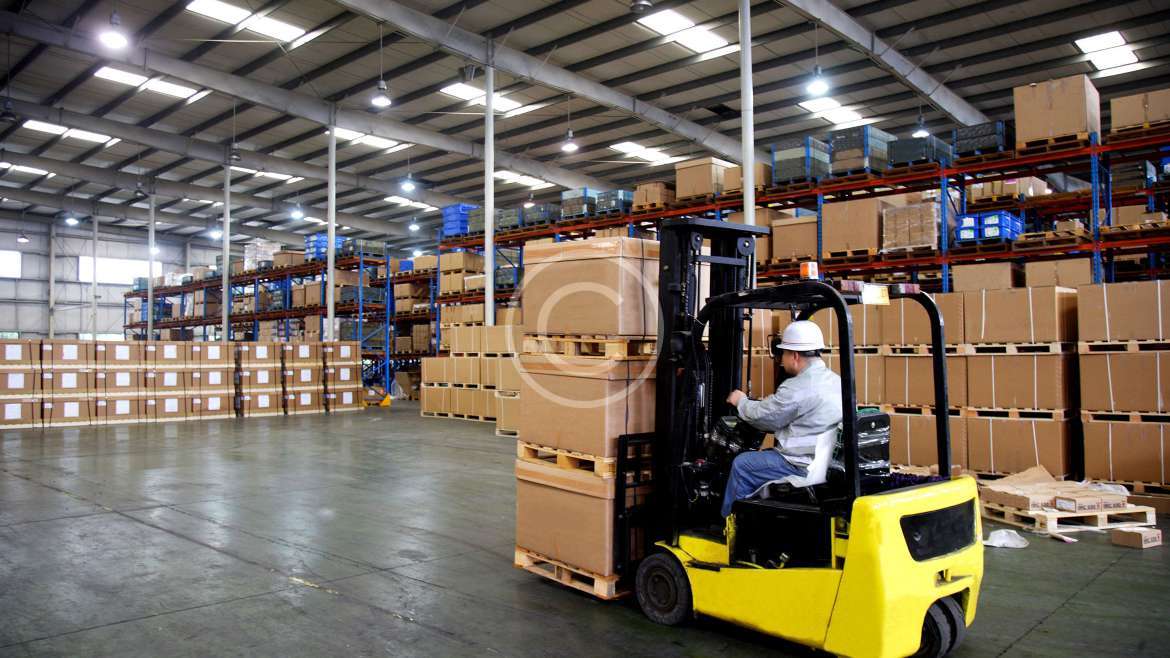Like any supply chain, retail supply chains have their own unique challenges. They’re different from the supply chains you might see in industrial companies or wholesaling companies, and they have very different dynamics.
The retail supply chain is dealing with the consumer directly, and the customer really is king. So everything in the retailer’s supply chain strategy needs to be focused on the customer and, of course, the shareholders.
What is Retail Supply Chain Management?
Retail supply chain management is the process of planning, executing, and controlling the flow of goods, services, and information from raw materials to end customers. This process is a fundamental part of any retail company, and is crucial to its success, as it allows them to respond to changing customer demands, reduce costs, and increase profitability.
A well-managed retail supply chain can be a competitive advantage. By optimising supply chain processes, retailers can offer more products, more product availability, and shorter lead times.
Effective retail supply chain management also helps to manage inventory levels, reduce waste, and ultimately improve customer satisfaction. In a competitive market, these can make all the difference to a retailer’s performance and reputation.
You may be asking – okay, but what makes retail supply chains so different from that of other businesses? Well, that depends on the type of retailer we’re talking about. This is because the needs of hardware retailers will vary from those of a fashion retailer.
But in general terms, retailers need to deal with very broad product ranges, ranges that change (perhaps by season), possibly high levels of promotional activity, a broad supplier base, and maybe some long supply lead times if there is a high degree of import activity.
Managing global supply chains adds to these complexities, as retailers must navigate demand uncertainty, vulnerability to disruptions, and the need for strong supplier relationships. What all this means is that the retailer’s supply chain needs to be very flexible, responsive, and low-cost if the market sector is highly competitive.
Customer Value Requirements
In terms of customer value, there’s a mix of things that customers are looking for:
- Price – this needs to be competitive.
- Range – can be very important, say in a hardware retailer, where the customer expects a one-stop shop for all their needs.
- Service – customers will quickly go elsewhere if service is consistently poor.
- Quality – is, of course, a given.
- Availability – is probably one of the key customer expectations, particularly for advertised or promotional products.
- Convenience – is also a key component.
- Brand – can be important depending on the retail sector.
- Fashion – can play a key role.
These are the ingredients of our customer value cocktail. Then there are the emotional aspects, such as in-store look and feel. So for those managing the retail supply chain, delivering this cocktail of customer needs is the key to success, but doing it at the lowest possible cost.
Leveraging retail expertise is crucial in managing the retail supply chain effectively, ensuring the right products are delivered at the right time to the right locations.



Leave a reply